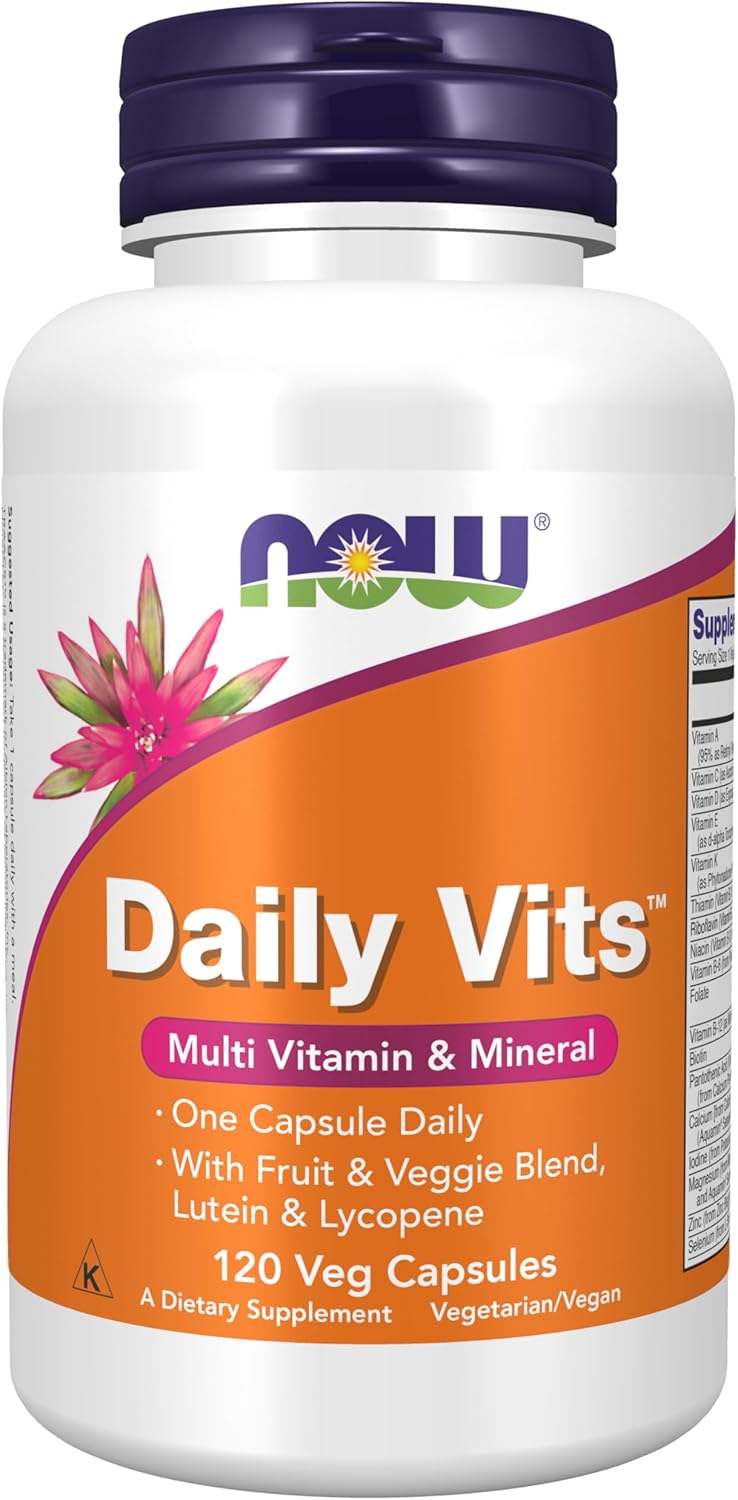Vit. C
Vitamin C is a water-soluble vitamin that is essential for various bodily functions, including immune function, skin health, and iron absorption. It is also known as ascorbic acid and is found in many fruits and vegetables.
Effectiveness and Risk Overview
Condition | Effectiveness | Details |
|---|---|---|
| Oxidative Stress | Vitamin C is a powerful antioxidant that neutralizes free radicals, reducing oxidative stress with strong evidence from numerous studies. | |
| Antioxidant Activity | Vitamin C acts as an antioxidant, protecting cells from oxidative damage and supporting overall health, with extensive evidence. | |
| Common Cold | Vitamin C supplementation has been shown to reduce the incidence and severity of the common cold in multiple clinical trials. | |
| Iron Deficiency Anemia | Vitamin C enhances iron absorption, particularly non-heme iron, thereby helping to prevent or treat iron deficiency anemia as supported by clinical studies. | |
| Skin Aging | Vitamin C is important for collagen synthesis and has antioxidant properties that can help reduce signs of skin aging, supported by dermatological studies. | |
| Fatigue | Vitamin C can help alleviate fatigue, particularly in individuals with deficiency or insufficiency, supported by some clinical studies. | |
| Allergies | Vitamin C may have a beneficial effect on allergic reactions, though the current evidence is limited. | |
| High doses cause gastrointestinal issues. | Excessive intake of vitamin C can cause stomach cramps, diarrhea, and nausea in some individuals. | |
| Interferes with certain medical tests. | High doses of vitamin C can interfere with certain medical tests, such as those for blood glucose and uric acid. |
